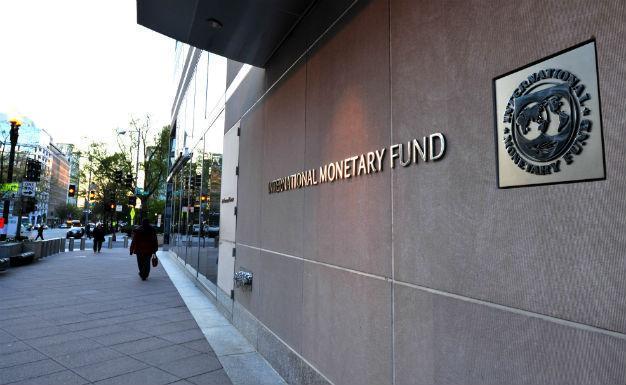Greek talks with lenders ‘drag on, compromise seen’
ATHENS - Reuters

AFP photo
Greece and its international lenders were edging closer to a compromise on signing off on a review of bailout reforms which could unlock more aid to the country, government sources said on April 11, after marathon talks with creditors.Just over ten hours of overnight negotiations between Athens and its lenders - the European Commission, the European Central Bank, European Stability Mechanism and the International Monetary Fund - broke off shortly before early hours of the day. They were scheduled to resume later April 11.
“There are some small details to settle on the fiscal side of things .. We are very close,” a government source said. Divergence remained over pension reforms and regulating non-performing loans, the source added.
The review has dragged on for months mainly due to a rift among the lenders over Greece’s projected fiscal shortfall by 2018 - initially seen at 3 percent by the EU, 1 percent by Athens and 4.5 percent by the IMF.
Athens and its lenders have agreed to use 3 percent as the baseline scenario in the Athens-based talks.
But the EU and the IMF are still at odds on whether Athens could achieve a 3.5 percent primary surplus - budget balance before debt service payments - in 2018, an official participating in the talks told Reuters.
The IMF, which will decide whether to co-finance Greece’s third bailout after the review and in light of how much debt relief Greece receives, believes Athens will miss its 2018 surplus target and settle at 1.5 percent, even if it implements measures worth 3 percent of GDP, the official said.
EU institutions believed the target was feasible. Faced with a huge refugee crisis - which has catapulted Greece to the forefront of a massive refugee influx into Europe in the past year, the EU is keen to resolve the financing logjam swiftly.
A positive review will unlock up to five billion euros in aid. Athens needs the money to repay 3.5 billion euros to the International Monetary Fund and the European Central Bank in July, as well as unpaid domestic bills.
Greek Prime Minister Alexis Tsipras, who has a fragile parliamentary majority, is aiming for a compromise before a eurozone finance ministers’ meeting on April 22.
He hopes the conclusion of the review will send a positive signal to markets and coax back investors, while a debt restructuring will convince Greeks that their sacrifices are paying off after six years of belt-tightening.
















